Events
| Name | organizer | Where |
|---|---|---|
| MBCC “Doing Business with Mongolia seminar and Christmas Receptiom” Dec 10. 2025 London UK | MBCCI | London UK Goodman LLC |
NEWS
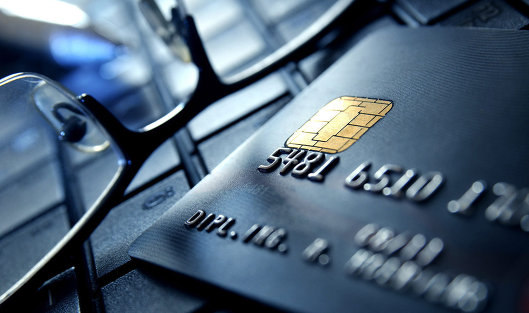
Jade Gas debuted today with a Mongolian coal gas offering to lure ASX investors www.stockhead.com.au
With record gas prices prevalent through much of the northern hemisphere, Jade Gas Holdings (ASX:JGH) – formerly High Grade Metals – couldn’t have picked a better time to return to the ASX with its Mongolian coalbed methane project.
Shares in the company will commence trading today following the successful raising of $7.5m through its initial public offering to fund operations on the TT CBM project in Mongolia’s South Gobi Basin.
The TT CBM project (Jade 60%) is aimed at developing the coal seam gas resources of the Tovan Tolgoi coal field.
Notably, the project area is surrounded by Elixir Energy’s (ASX:EXR) Nomgon IX CBM project where drilling has intersected coals despite not having a defined coal resource.
Elixir also holds a certified best case prospective resource of 14.6 trillion cubic feet of gas.
Jade Gas will operate and manage the TT CBM project under its joint venture with Erdenes Methane (EM), the representative of the Mongolian Government that was awarded the PSA over the area in April 2020.
The company intends to produce gas that will displace the use of imported gas and gas liquids products as well as reducing the use of coal and diesel in the capital of Ulaanbaatar and regional areas.
Executive director Joseph Burke said the TTM CBM project had “enormous potential” in regards to Mongolia’s clean energy transition by reducing air pollution in Ulaanbaatar.
Mongolian coalbed methane
Mongolia has an abundance of coal deposits, making it the subject of significant exploration for coalbed methane (also known as coal seam gas).
Despite this, the landlocked nation is dependent on its neighbours Russia and China for energy supplies, making any CSG development valuable for its energy independence.
The Tovan Tolgoi coal field already hosts a coal resource of about 6 billion tonnes with initial drilling carried out in the second half of 2019, confirming the presence and depths of coal formations within the 20sqkm Borteeg area.
Additionally, RISC Advisory has estimated that the project hosts a gross best case prospective resource of 1Tcf of gas.
Jade Gas plans to improve its understanding of this resource by continuing technical studies and field activities, which will include drilling wells and sampling various coal measures.
As more data is collected, it plans to define a gas resource by establishing a multi-well production pilot to confirm production rates at a commercial level.
Planning for this pilot is expected to start later this year or early 2022 once the data from the 2021 work program is analysed.
The company also has a 66% interest in Baruun Naran Gas, a joint venture operating company formed to explore, develop and seek to produce coal seam gas from a coal mining licence held by joint venture partner Khangad Exploration.
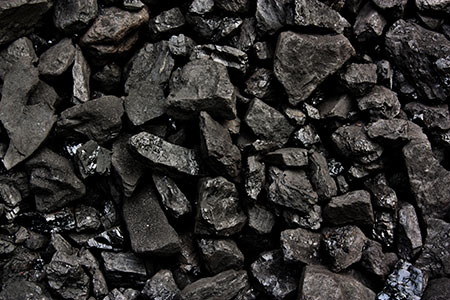
Coal surges to record as global scramble for energy accelerates www.bloomberg.com
Coal prices soared to their highest on record as China accelerated a global struggle for resources that has brought the dirtiest fossil fuel roaring back.
High-quality thermal coal loaded on ships at Newcastle port in Australia surged to $203.20 a ton, breaking the previous record set in July 2008. That’s the benchmark price for Asia, the world’s largest market for the fuel by far.
The rally comes during a global energy crunch that’s hitting China, the world’s biggest coal producer and consumer, especially hard. And as gas prices spike higher in Europe, there’s been a resurgence in demand for the fossil fuel that the continent’s policy makers have long been trying to phase out.
Still, there isn’t enough coal to go around. A German electricity producer closed one of its plants recently after it ran out of the fuel.
Earlier this week, Chinese Vice Premier Han Zheng ordered state-owned energy giants to secure fuel supplies for winter at any cost. China consumes and mines half the world’s coal, and it’s also the largest importer. The government told miners to keep digging even if they’ve exceeded their annual quota.
Prices for thermal coal tracked by IHS Markit and Argus have surged since late 2020 as demand rebounded from the depths of the pandemic and with substitute fuels like natural gas becoming more expensive. The emissions-heavy fuel is back in vogue just weeks before nations gather in Scotland for the COP26 summit on climate change.
Supply issues also boosted prices. China has struggled to raise output amid tighter safety controls following fatal accidents, while torrential rains, labor problems and transportation bottlenecks hampered exports from countries such as Indonesia, Australia, Colombia and South Africa, among others.
The Newcastle coal benchmark could average $190 a ton from October to December, Goldman Sachs Group Inc. said in a note in September.
The gains come as the world plans to shift away from the emissions-intensive fuel in favor of renewable sources that will help reach net-zero targets. Even China aims to start reducing domestic consumption by 2026, and President Xi Jinping pledged to stop building new coal-fired power plants abroad.
In the short term, demand in key nations is proving resilient. Thermal power generation in China was 14% higher in the year through August than in the previous two years. Demand in 2022 could be marginally higher than this year, potentially rising 1%, said Shirley Zhang, a coal analyst with Wood Mackenzie Ltd.
(By Dan Murtaugh, with assistance from Ann Koh and Stephen Stapczynski)
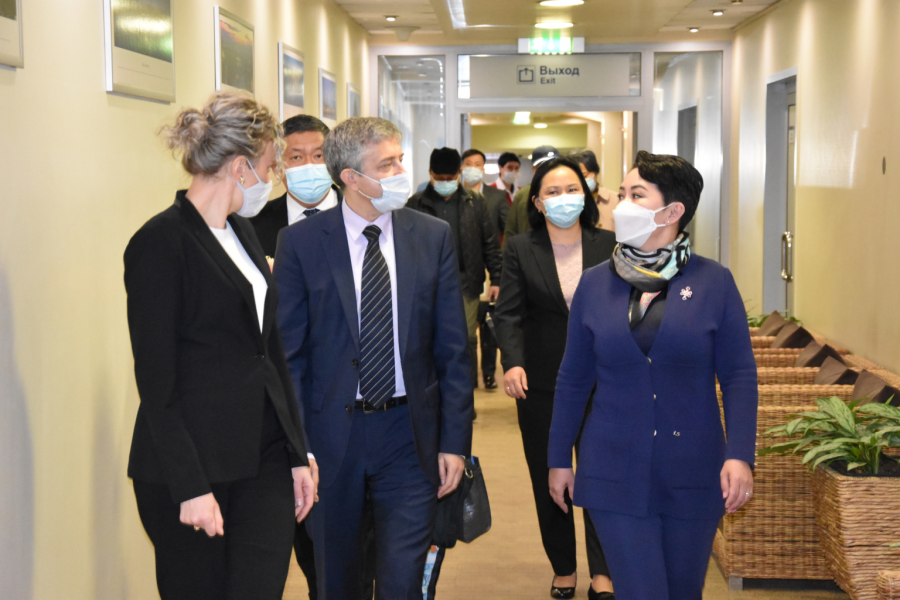
Minister of Foreign Affairs B.Battsetseg holds telephone conversation with Russian counterpart www.montsame.mn
On October 1, Minister of Foreign Affairs B.Battsetseg held a telephone conversation with Minister of Foreign Affairs of the Russian Federation S.V.Lavrov.
Highlighting their satisfaction in the activities being organized in various fields and sectors such as trade and economy, culture, science, and humanities on the occasion of the 100th anniversary of the establishment of diplomatic relations between Mongolia and Russia, the two sides exchanged views on mutual high-level visits to be organized in the rest of the year.
Furthermore, the two Ministers underlined the importance of the regular meeting of the Mongolia-Russia Intergovernmental Commission.
During the telephone conversation, they also discussed some of the pressing issues for bilateral cooperation in the sectors of trade, infrastructure, and education. For instance, the two sides talked about urgently resolving the issues that have accumulated in relation to the operations of Ulaanbaatar Railway JSC, consistently supplying fuel to Mongolia, and establishing a joint Mongolian-Russian school in Ulaanbaatar city.
The two countries’ Foreign Ministers agreed to carry out works to organize a regular meeting between the Heads of State of Mongolia, Russia, and China in the near future.
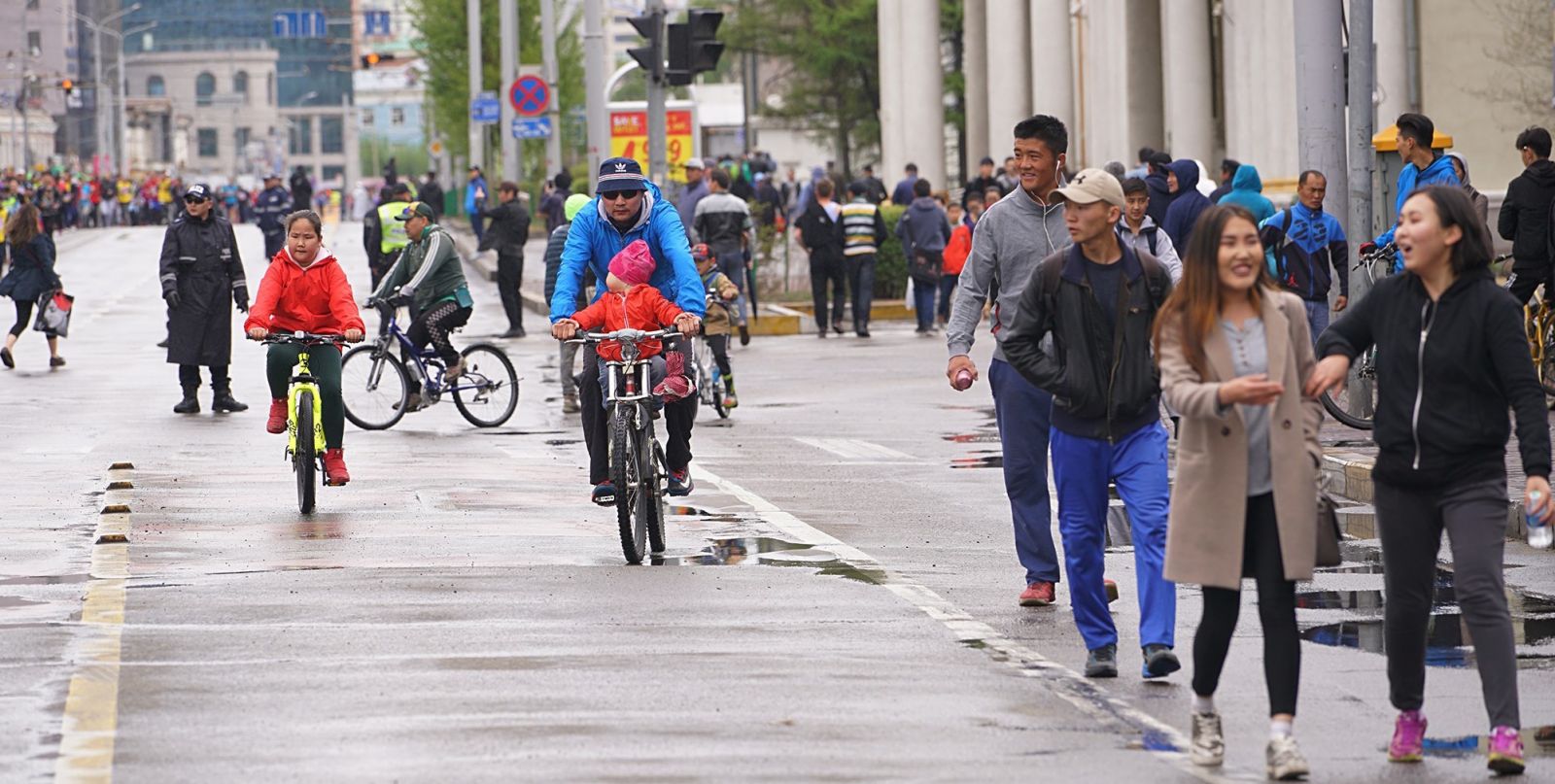
Elderly people made up 7.9 percent of Mongolia’s population www.news.mn
People aged 60 and older made up 7.9 percent of Mongolia’s total population of around 3.4 million by the end of September, reported National Statistics Office (NSO).
In 2020, population aged 65 years and above for Mongolia was 4.3 percent. Before population aged 65 years and above of Mongolia started to increase to reach a level of 7.9 percent in 2021, it went through a trough reaching a low of 3.7 percent in 2000.
Around 60 percent of the Mongolian elderly are women, while 68.8 percent are living in urban areas, according to data released by the NSO on the occasion of the International Day of Older Persons. Meanwhile, 65.7 percent of them are now living with their spouses.
In 1990, the United Nations General Assembly designated 1st October as the International Day of Older Persons to raise awareness about the need for health provisions and social care for the elderly.
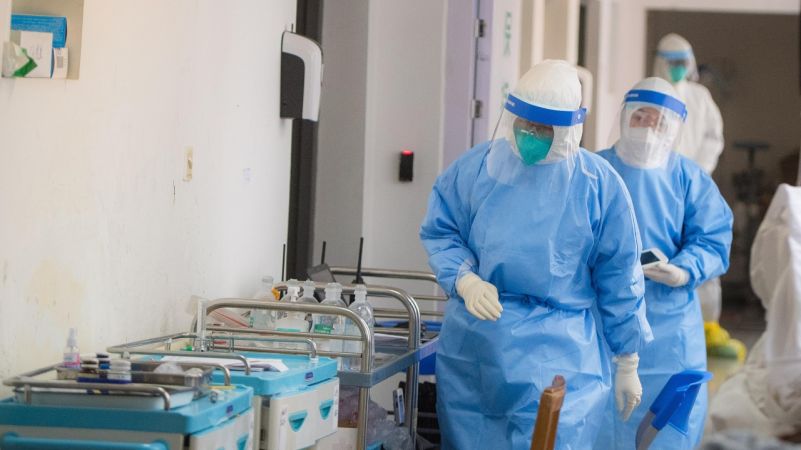
Mongolia reported 1,501 new daily cases of coronavirus, 14 deaths www.akipress.com
Mongolia reported 1,501 new daily cases of coronavirus infection, the Ministry of Health said on Oct 4.
751 cases were recorded in Ulaanbaatar, the remaining 749 cases were detected in the regions.
The total number of confirmed cases of coronavirus infection nationwide has increased to 312,376.
14 people died per day raising the nation's death toll to 1,274.
6,239 people have recovered from coronavirus infection in a day.
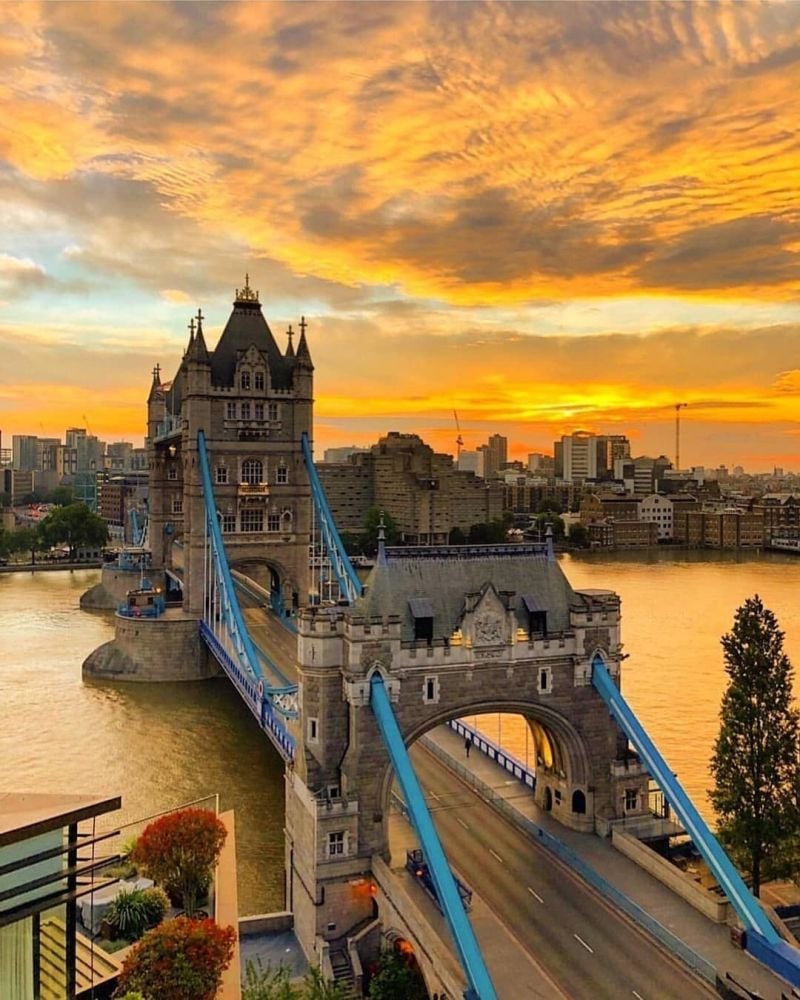
The rise of English in Mongolia www.mongoliaweekly.org
An interview with Dr Sender Dovchin, Senior Research Fellow at the School of Education, Curtin University, Australia.
Kheltei bol khultei – if you have language, you have legs.
The collapse of communism in 1990 brought innumerable changes to Mongolia, but one of the most significant has been the increasing popularity of English as a foreign language, particularly in Ulaanbaatar. The growth of Mongolia's hip hop scene and the success of English-language bands like A-Sound in the 2000s were the country's first steps with its new democratic, global legs.
Dr Sender Dovchin is a Senior Research Fellow at Curtin University's School of Education in Perth, Australia, specialising in applied linguistics: how people learn second or foreign languages and how they apply them in day-to-day life. Originally from Mongolia, Dr Dovchin has lived and worked in Australia and Japan, and her past research has examined how Mongolian language and culture accommodates the rise of English.
English is becoming more visible in UB. (Image: Unsplash)English is becoming more visible in UB. (Image: Unsplash)
English is becoming more visible in UB. (Image: Unsplash)
"The Mongolian language is the principal member of the Mongolic language group," Dr Dovchin explains. "That's a language family spoken in Eastern Europe, Central Asia, and northeast Asia, but mostly in Mongolia and surrounding areas - Kalmyk or Buryat.
"The language has no living linguistic relatives.
"Previously Mongolian used to be grouped alongside Japonic, Koreanic or Turkic as an Altaic language group, but recently linguists argue that it is on its own."
For most of the past century Russian has been the predominant foreign language in Mongolia, facilitated by political ties to the Soviet Union and the movement of people to and from Russia. Now, however, English has taken over from Russian as the dominant foreign language in Mongolia, particularly in Ulaanbaatar.
"When Mongolia was a Soviet satellite, English was resisted as it was considered the 'capitalist' language," Dr Dovchin says. "At the time, Russian was the most popular foreign language and Mongolian now has a lot of borrowed words and expressions from Russian – even though modern Mongolians often don't realise it.”
"But since 1990, Mongolia has opened itself to the world and has become much closer to the West, meaning English has become the main foreign language in Mongolia. It has almost completely replaced the value of Russian.
"Everybody knows the value of English – they see that with English, you can have access to capital, resources, education and entertainment."
In the 2000s, the Mongolian government under former president Tsakhiagiin Elbegdorj tried to accelerate the uptake of English and even floated the idea of making it Mongolia's official second language. The idea was to emulate Singapore, which regards Malay as its national language but in practice uses English.
"English is not just a method of communication; it opens windows to the world," Dr Dovchin says. "It hasn't happened yet, but it might – English language education is becoming more prevalent and English has become the required foreign language in Mongolian primary schools.
"And in non-institutional contexts - in popular music, digital media, the Internet – English has become the main language."
The idea of legalising English as Mongolia's second language still has traction. In a meeting with the US ambassador in February, Prime Minister Oyun-Erdene mentioned Mongolia's 'commitment' to the concept.
"They're still looking to the Singaporean model," Dr Dovchin says. "But it's a big change. To do that, they'd have to listen to language policymakers and educators, they'd have to look at different models around the world."
Another obstacle is the enduring strength of the Mongolian language, partly derived from the linguistic homogeneity of Mongolia itself. While there are eastern, central and western dialects of Mongolian, the Khalkha dialect is dominant - a significantly different situation to Singapore, which has four official languages (English, Malay, Tamil and Chinese) and a host of unofficial languages.
"Singapore is different – it's a multicultural country. Whereas Mongolians only speak Mongolian. It's much more homogenous. So it could be challenging," Dr Dovchin explains.
"The government needs a lot of language experts and policy practitioners to make it happen."
There is also the question of alphabets. Mongolia, of course, predominantly uses the Cyrillic alphabet but is also undergoing a government-sanctioned revival of traditional Mongolian script, spurred on partially by China's suppression of the script south of the border. How would English fit into this picture?
"Keep them all separate," Dr Dovchin says. "This has already been happening in Ulaanbaatar anyway. Traditional script and Cyrillic are mixed with English, even Korean and Japanese in some places."
In addition, mandating English as Mongolia's official second language may isolate the country's rural population, which does not have access to the same language education as the population in Ulaanbaatar.
"In the rural areas of Mongolia, even though English is promoted, there aren't enough English teachers," Dr Dovchin says. "It is a stark contrast to the urban context."
Is there a possibility that the rise of English may come to be seen as a cultural threat to the Mongolian language? Could Mongolia follow the model of France, whose Académie Francaise presides over the 'purity' of the French language?
"English can be perceived as 'unacceptable' in Mongolia if it is mixed with Mongolian," Dr Dovchin answers. "In this case the purity of Mongolian is being polluted and distorted. So there are a lot of purists who argue that it's important for Mongolians to learn English, but not to mix it with Mongolian. Keep them separate.
"But Mongolian is also a flexible and adaptable language. It has survived thousands of years. We have this theory of language re-localisation: it can evolve, and if the language is transferred between generations, then it still exists."
So while the role of English is increasing in Mongolian society, it is also revealing the real strength of Mongolia's language and traditions, embodied in the proverb kheltei bol khultei – a phrase that could only emerge from a culture that is both outward-looking and self-confident.
"Language is the window to understanding the traditions, culture and identity of Mongolia," Dovchin says. "These all combine to define the nation."
BY: Ewen Levick | Editor
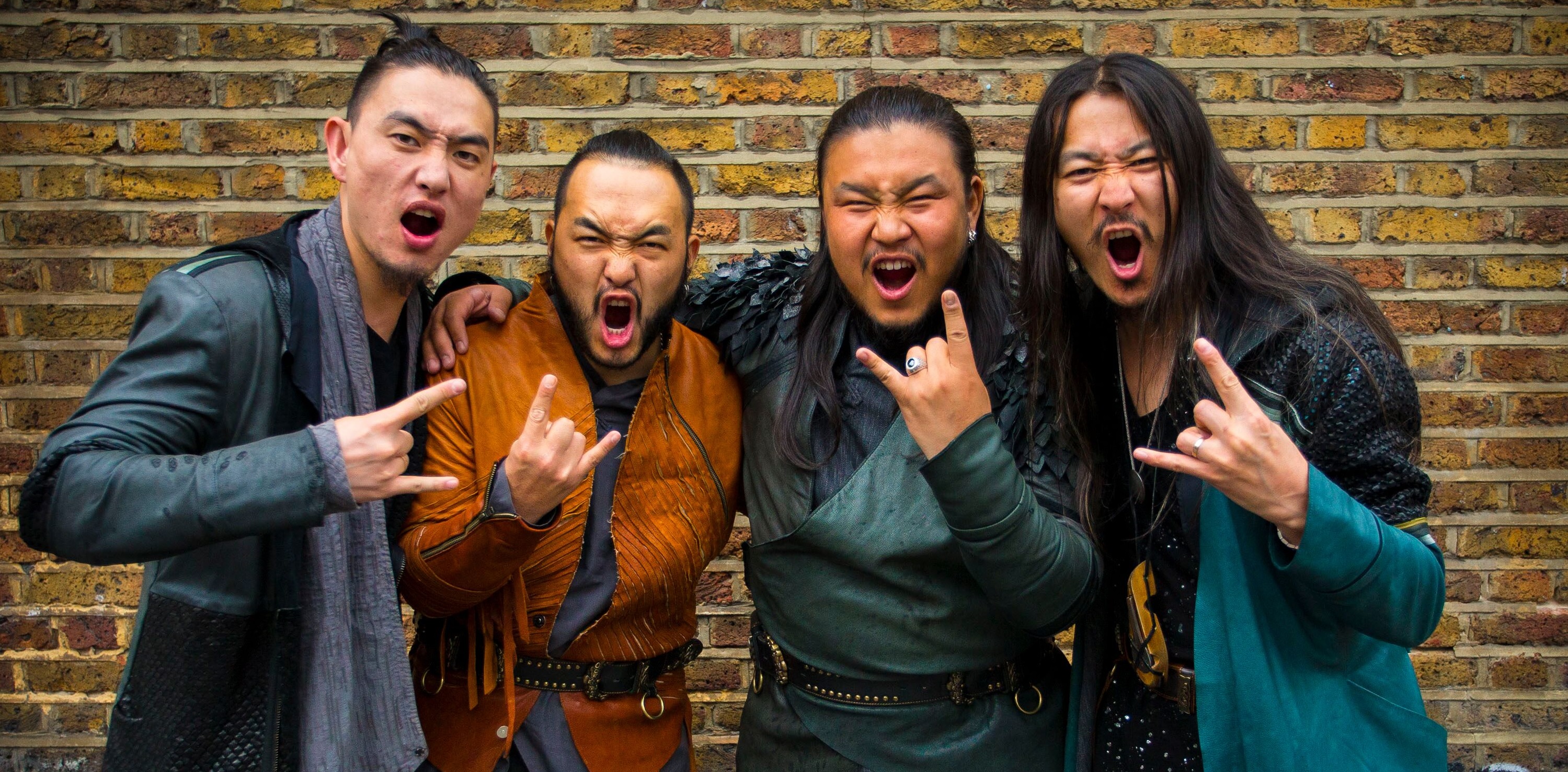
Mongolia's the Hu rock tradition and wooden flutes at ACL Fest www.austin360.com
File this one under noise you didn’t think you needed. The seven-piece Mongolian band the Hu plays its guitars with bows and man buns, with backing “whoa” chants and punishing drums. On Saturday at the Tito's stage, they offer layered, loud rock epics built on classical Mongolian instrumentation.
It’s music built on tradition with an eye on the past: They call it “hunnu rock,” a nod to an ancient Turkish and Mongolian empire.
Here’s where I summarize the band’s Wikipedia bio: The guttural vocals that recall AC/DC’s “Thunderstruck” are part of a style known as regional throat singing. The band’s instrumentation includes the Morin khuur (a bowed fiddle) and the Tovshuur (a two-stringed lute).
What’s left is emotive, bass-driven rock.
It’s easy to miss the Tito's tent — at ACL this stage is where soul stars come to flame out with familiar legacy sets. The Tito’s stage can sometimes feel like a place for misfits and leftovers, smothered and covered like some dang Waffle House hash browns.
But at its best, the Tito’s tent offers offbeat, oddball talent like the Hu. Literally: Hard rock with wooden flutes.
What are people wearing to ACL Fest 2021? How to be both stylish and practical
Are you having fun?” asks singer Jaya Galsanjamts. “Come on let’s rock.”
He leads “Hu” chants as the swing-rock grooves evoke fists in the air. An hour earlier, he was posting ecstatic Instagram stories having traversed the globe as a genre ambassador.
Truly, everything about these dudes rocks. By which I mean you’ll want to raise glasses and bark war chants after taking this set in.
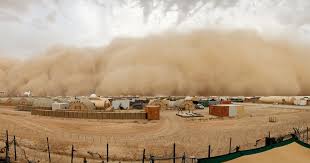
Chance image shows how sandstorm unfurls in Gobi Desert www.asahi.com
Kenji Kai, a meteorologist who specializes in yellow dust, reckons he was lucky when his vehicle was engulfed in a sandstorm near the Gobi Desert in Mongolia two years ago.
He managed to record a towering wall of raging sand particles, and the rare video footage taken on a clear day has been released on the online journal of the Meteorological Society of Japan.
“It was the first time for me to see a dust wall firsthand,” said Kai, professor emeritus of meteorology at Nagoya University. “The encounter was totally unexpected and fortuitous.”
He hypothesizes that the area is a “dust hotspot” where geographical features frequently spawn sandstorms among other places in the Gobi Desert.
The vehicle was running about 400 kilometers south-southwest of Ulan Bator before 5 p.m. local time on April 28, 2019, when the dust wall emerged a few kilometers ahead. Kai and other researchers whipped out a digital camera and other equipment to monitor the event.
The footage suggested the sandstorm rose to a height of 600 meters with a maximum wind velocity of 65.52 kph inside it. Visibility was limited to a 10-meter radius or less.
Kai has been surveying airborne fine particles in the Gobi Desert since 2013. Yellow dust particles originate from sandstorms in the desert and other parts of Asia.
The area where the video was shot is no stranger to sandstorms. While Kai had found himself caught in sandstorms there in poor weather conditions, it was the first time to come across one on a fine day.
Kai spent more than a year examining meteorological conditions at the time, along with satellite observation data, to report his findings in a thesis.
The video and thesis are available at (https://www.jstage.jst.go.jp/.../17.../_article/-char/en).

Mongolia logs 1,811 new COVID-19 cases, 19 more deaths www.xinhuanet.com
Oct. 3 (Xinhua) -- Mongolia on Sunday confirmed 1,811 new COVID-19 cases over the last 24 hours, bringing the national tally to 310,875, according to a statement by the country's health ministry.
Meanwhile, 19 more people died from the viral disease in the past day, pushing the death toll to 1,260, the ministry said.
Currently, 20,816 COVID-19 patients are being hospitalized across the country, while 61,554 are receiving home-based care due to a shortage of hospital beds and medical staff, according to the ministry.
So far, 65.5 percent of the total population have received two doses of COVID-19 vaccines. However, the resurgence of COVID-19 has continued due to the Delta wave, and around 2,000 infections and nearly 20 deaths have been reported on average each day in the country with a population of around 3.4 million.
The health authorities have urged the public to follow all health protocols, and to receive the booster or third dose of the COVID-19 vaccines.
So far, more than 314,100 Mongolians have received the booster doses.
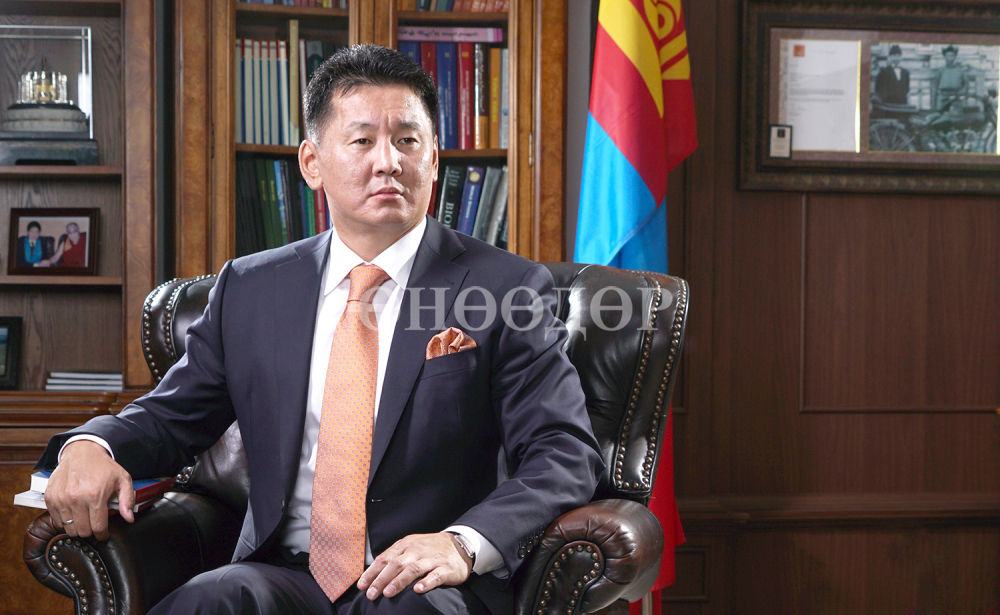
Credentials presented to newly appointed ambassadors www.montsame.mn
October 1, President U. Khurelsukh presented the Letters of Credence to the newly appointed Ambassadors of Mongolia to some foreign countries and wished them success.
In specific, D. Davaasuren, Ambassador Extraordinary and Plenipotentiary of Mongolia to the Commonwealth of Australia, Sh. Odonbaatar, Ambassador Extraordinary and Plenipotentiary of Mongolia to the United Arab Emirates, L.Erdenedavaa, Ambassador Extraordinary and Plenipotentiary of Mongolia to the Democratic People's Republic of Korea, J.Sereejav, Ambassador Extraordinary and Plenipotentiary of Mongolia to the Socialist Republic of Vietnam, and D.Ganbold, Ambassador Extraordinary and Plenipotentiary of Mongolia to the Republic of India, received their credentials.
The President instructed the ambassadors to always respect the fundamental national interests, pursue foreign policy, work actively for the promotion of the country abroad, attraction of investment, and the economization of foreign relations. He also emphasized the importance of providing all possible supports to Mongolians abroad, teaching Mongolian language to their children, and passing on the national history, culture, customs and traditions.
- «
- 1
- 2
- 3
- 4
- 5
- 6
- 7
- 8
- 9
- 10
- 11
- 12
- 13
- 14
- 15
- 16
- 17
- 18
- 19
- 20
- 21
- 22
- 23
- 24
- 25
- 26
- 27
- 28
- 29
- 30
- 31
- 32
- 33
- 34
- 35
- 36
- 37
- 38
- 39
- 40
- 41
- 42
- 43
- 44
- 45
- 46
- 47
- 48
- 49
- 50
- 51
- 52
- 53
- 54
- 55
- 56
- 57
- 58
- 59
- 60
- 61
- 62
- 63
- 64
- 65
- 66
- 67
- 68
- 69
- 70
- 71
- 72
- 73
- 74
- 75
- 76
- 77
- 78
- 79
- 80
- 81
- 82
- 83
- 84
- 85
- 86
- 87
- 88
- 89
- 90
- 91
- 92
- 93
- 94
- 95
- 96
- 97
- 98
- 99
- 100
- 101
- 102
- 103
- 104
- 105
- 106
- 107
- 108
- 109
- 110
- 111
- 112
- 113
- 114
- 115
- 116
- 117
- 118
- 119
- 120
- 121
- 122
- 123
- 124
- 125
- 126
- 127
- 128
- 129
- 130
- 131
- 132
- 133
- 134
- 135
- 136
- 137
- 138
- 139
- 140
- 141
- 142
- 143
- 144
- 145
- 146
- 147
- 148
- 149
- 150
- 151
- 152
- 153
- 154
- 155
- 156
- 157
- 158
- 159
- 160
- 161
- 162
- 163
- 164
- 165
- 166
- 167
- 168
- 169
- 170
- 171
- 172
- 173
- 174
- 175
- 176
- 177
- 178
- 179
- 180
- 181
- 182
- 183
- 184
- 185
- 186
- 187
- 188
- 189
- 190
- 191
- 192
- 193
- 194
- 195
- 196
- 197
- 198
- 199
- 200
- 201
- 202
- 203
- 204
- 205
- 206
- 207
- 208
- 209
- 210
- 211
- 212
- 213
- 214
- 215
- 216
- 217
- 218
- 219
- 220
- 221
- 222
- 223
- 224
- 225
- 226
- 227
- 228
- 229
- 230
- 231
- 232
- 233
- 234
- 235
- 236
- 237
- 238
- 239
- 240
- 241
- 242
- 243
- 244
- 245
- 246
- 247
- 248
- 249
- 250
- 251
- 252
- 253
- 254
- 255
- 256
- 257
- 258
- 259
- 260
- 261
- 262
- 263
- 264
- 265
- 266
- 267
- 268
- 269
- 270
- 271
- 272
- 273
- 274
- 275
- 276
- 277
- 278
- 279
- 280
- 281
- 282
- 283
- 284
- 285
- 286
- 287
- 288
- 289
- 290
- 291
- 292
- 293
- 294
- 295
- 296
- 297
- 298
- 299
- 300
- 301
- 302
- 303
- 304
- 305
- 306
- 307
- 308
- 309
- 310
- 311
- 312
- 313
- 314
- 315
- 316
- 317
- 318
- 319
- 320
- 321
- 322
- 323
- 324
- 325
- 326
- 327
- 328
- 329
- 330
- 331
- 332
- 333
- 334
- 335
- 336
- 337
- 338
- 339
- 340
- 341
- 342
- 343
- 344
- 345
- 346
- 347
- 348
- 349
- 350
- 351
- 352
- 353
- 354
- 355
- 356
- 357
- 358
- 359
- 360
- 361
- 362
- 363
- 364
- 365
- 366
- 367
- 368
- 369
- 370
- 371
- 372
- 373
- 374
- 375
- 376
- 377
- 378
- 379
- 380
- 381
- 382
- 383
- 384
- 385
- 386
- 387
- 388
- 389
- 390
- 391
- 392
- 393
- 394
- 395
- 396
- 397
- 398
- 399
- 400
- 401
- 402
- 403
- 404
- 405
- 406
- 407
- 408
- 409
- 410
- 411
- 412
- 413
- 414
- 415
- 416
- 417
- 418
- 419
- 420
- 421
- 422
- 423
- 424
- 425
- 426
- 427
- 428
- 429
- 430
- 431
- 432
- 433
- 434
- 435
- 436
- 437
- 438
- 439
- 440
- 441
- 442
- 443
- 444
- 445
- 446
- 447
- 448
- 449
- 450
- 451
- 452
- 453
- 454
- 455
- 456
- 457
- 458
- 459
- 460
- 461
- 462
- 463
- 464
- 465
- 466
- 467
- 468
- 469
- 470
- 471
- 472
- 473
- 474
- 475
- 476
- 477
- 478
- 479
- 480
- 481
- 482
- 483
- 484
- 485
- 486
- 487
- 488
- 489
- 490
- 491
- 492
- 493
- 494
- 495
- 496
- 497
- 498
- 499
- 500
- 501
- 502
- 503
- 504
- 505
- 506
- 507
- 508
- 509
- 510
- 511
- 512
- 513
- 514
- 515
- 516
- 517
- 518
- 519
- 520
- 521
- 522
- 523
- 524
- 525
- 526
- 527
- 528
- 529
- 530
- 531
- 532
- 533
- 534
- 535
- 536
- 537
- 538
- 539
- 540
- 541
- 542
- 543
- 544
- 545
- 546
- 547
- 548
- 549
- 550
- 551
- 552
- 553
- 554
- 555
- 556
- 557
- 558
- 559
- 560
- 561
- 562
- 563
- 564
- 565
- 566
- 567
- 568
- 569
- 570
- 571
- 572
- 573
- 574
- 575
- 576
- 577
- 578
- 579
- 580
- 581
- 582
- 583
- 584
- 585
- 586
- 587
- 588
- 589
- 590
- 591
- 592
- 593
- 594
- 595
- 596
- 597
- 598
- 599
- 600
- 601
- 602
- 603
- 604
- 605
- 606
- 607
- 608
- 609
- 610
- 611
- 612
- 613
- 614
- 615
- 616
- 617
- 618
- 619
- 620
- 621
- 622
- 623
- 624
- 625
- 626
- 627
- 628
- 629
- 630
- 631
- 632
- 633
- 634
- 635
- 636
- 637
- 638
- 639
- 640
- 641
- 642
- 643
- 644
- 645
- 646
- 647
- 648
- 649
- 650
- 651
- 652
- 653
- 654
- 655
- 656
- 657
- 658
- 659
- 660
- 661
- 662
- 663
- 664
- 665
- 666
- 667
- 668
- 669
- 670
- 671
- 672
- 673
- 674
- 675
- 676
- 677
- 678
- 679
- 680
- 681
- 682
- 683
- 684
- 685
- 686
- 687
- 688
- 689
- 690
- 691
- 692
- 693
- 694
- 695
- 696
- 697
- 698
- 699
- 700
- 701
- 702
- 703
- 704
- 705
- 706
- 707
- 708
- 709
- 710
- 711
- 712
- 713
- 714
- 715
- 716
- 717
- 718
- 719
- 720
- 721
- 722
- 723
- 724
- 725
- 726
- 727
- 728
- 729
- 730
- 731
- 732
- 733
- 734
- 735
- 736
- 737
- 738
- 739
- 740
- 741
- 742
- 743
- 744
- 745
- 746
- 747
- 748
- 749
- 750
- 751
- 752
- 753
- 754
- 755
- 756
- 757
- 758
- 759
- 760
- 761
- 762
- 763
- 764
- 765
- 766
- 767
- 768
- 769
- 770
- 771
- 772
- 773
- 774
- 775
- 776
- 777
- 778
- 779
- 780
- 781
- 782
- 783
- 784
- 785
- 786
- 787
- 788
- 789
- 790
- 791
- 792
- 793
- 794
- 795
- 796
- 797
- 798
- 799
- 800
- 801
- 802
- 803
- 804
- 805
- 806
- 807
- 808
- 809
- 810
- 811
- 812
- 813
- 814
- 815
- 816
- 817
- 818
- 819
- 820
- 821
- 822
- 823
- 824
- 825
- 826
- 827
- 828
- 829
- 830
- 831
- 832
- 833
- 834
- 835
- 836
- 837
- 838
- 839
- 840
- 841
- 842
- 843
- 844
- 845
- 846
- 847
- 848
- 849
- 850
- 851
- 852
- 853
- 854
- 855
- 856
- 857
- 858
- 859
- 860
- 861
- 862
- 863
- 864
- 865
- 866
- 867
- 868
- 869
- 870
- 871
- 872
- 873
- 874
- 875
- 876
- 877
- 878
- 879
- 880
- 881
- 882
- 883
- 884
- 885
- 886
- 887
- 888
- 889
- 890
- 891
- 892
- 893
- 894
- 895
- 896
- 897
- 898
- 899
- 900
- 901
- 902
- 903
- 904
- 905
- 906
- 907
- 908
- 909
- 910
- 911
- 912
- 913
- 914
- 915
- 916
- 917
- 918
- 919
- 920
- 921
- 922
- 923
- 924
- 925
- 926
- 927
- 928
- 929
- 930
- 931
- 932
- 933
- 934
- 935
- 936
- 937
- 938
- 939
- 940
- 941
- 942
- 943
- 944
- 945
- 946
- 947
- 948
- 949
- 950
- 951
- 952
- 953
- 954
- 955
- 956
- 957
- 958
- 959
- 960
- 961
- 962
- 963
- 964
- 965
- 966
- 967
- 968
- 969
- 970
- 971
- 972
- 973
- 974
- 975
- 976
- 977
- 978
- 979
- 980
- 981
- 982
- 983
- 984
- 985
- 986
- 987
- 988
- 989
- 990
- 991
- 992
- 993
- 994
- 995
- 996
- 997
- 998
- 999
- 1000
- 1001
- 1002
- 1003
- 1004
- 1005
- 1006
- 1007
- 1008
- 1009
- 1010
- 1011
- 1012
- 1013
- 1014
- 1015
- 1016
- 1017
- 1018
- 1019
- 1020
- 1021
- 1022
- 1023
- 1024
- 1025
- 1026
- 1027
- 1028
- 1029
- 1030
- 1031
- 1032
- 1033
- 1034
- 1035
- 1036
- 1037
- 1038
- 1039
- 1040
- 1041
- 1042
- 1043
- 1044
- 1045
- 1046
- 1047
- 1048
- 1049
- 1050
- 1051
- 1052
- 1053
- 1054
- 1055
- 1056
- 1057
- 1058
- 1059
- 1060
- 1061
- 1062
- 1063
- 1064
- 1065
- 1066
- 1067
- 1068
- 1069
- 1070
- 1071
- 1072
- 1073
- 1074
- 1075
- 1076
- 1077
- 1078
- 1079
- 1080
- 1081
- 1082
- 1083
- 1084
- 1085
- 1086
- 1087
- 1088
- 1089
- 1090
- 1091
- 1092
- 1093
- 1094
- 1095
- 1096
- 1097
- 1098
- 1099
- 1100
- 1101
- 1102
- 1103
- 1104
- 1105
- 1106
- 1107
- 1108
- 1109
- 1110
- 1111
- 1112
- 1113
- 1114
- 1115
- 1116
- 1117
- 1118
- 1119
- 1120
- 1121
- 1122
- 1123
- 1124
- 1125
- 1126
- 1127
- 1128
- 1129
- 1130
- 1131
- 1132
- 1133
- 1134
- 1135
- 1136
- 1137
- 1138
- 1139
- 1140
- 1141
- 1142
- 1143
- 1144
- 1145
- 1146
- 1147
- 1148
- 1149
- 1150
- 1151
- 1152
- 1153
- 1154
- 1155
- 1156
- 1157
- 1158
- 1159
- 1160
- 1161
- 1162
- 1163
- 1164
- 1165
- 1166
- 1167
- 1168
- 1169
- 1170
- 1171
- 1172
- 1173
- 1174
- 1175
- 1176
- 1177
- 1178
- 1179
- 1180
- 1181
- 1182
- 1183
- 1184
- 1185
- 1186
- 1187
- 1188
- 1189
- 1190
- 1191
- 1192
- 1193
- 1194
- 1195
- 1196
- 1197
- 1198
- 1199
- 1200
- 1201
- 1202
- 1203
- 1204
- 1205
- 1206
- 1207
- 1208
- 1209
- 1210
- 1211
- 1212
- 1213
- 1214
- 1215
- 1216
- 1217
- 1218
- 1219
- 1220
- 1221
- 1222
- 1223
- 1224
- 1225
- 1226
- 1227
- 1228
- 1229
- 1230
- 1231
- 1232
- 1233
- 1234
- 1235
- 1236
- 1237
- 1238
- 1239
- 1240
- 1241
- 1242
- 1243
- 1244
- 1245
- 1246
- 1247
- 1248
- 1249
- 1250
- 1251
- 1252
- 1253
- 1254
- 1255
- 1256
- 1257
- 1258
- 1259
- 1260
- 1261
- 1262
- 1263
- 1264
- 1265
- 1266
- 1267
- 1268
- 1269
- 1270
- 1271
- 1272
- 1273
- 1274
- 1275
- 1276
- 1277
- 1278
- 1279
- 1280
- 1281
- 1282
- 1283
- 1284
- 1285
- 1286
- 1287
- 1288
- 1289
- 1290
- 1291
- 1292
- 1293
- 1294
- 1295
- 1296
- 1297
- 1298
- 1299
- 1300
- 1301
- 1302
- 1303
- 1304
- 1305
- 1306
- 1307
- 1308
- 1309
- 1310
- 1311
- 1312
- 1313
- 1314
- 1315
- 1316
- 1317
- 1318
- 1319
- 1320
- 1321
- 1322
- 1323
- 1324
- 1325
- 1326
- 1327
- 1328
- 1329
- 1330
- 1331
- 1332
- 1333
- 1334
- 1335
- 1336
- 1337
- 1338
- 1339
- 1340
- 1341
- 1342
- 1343
- 1344
- 1345
- 1346
- 1347
- 1348
- 1349
- 1350
- 1351
- 1352
- 1353
- 1354
- 1355
- 1356
- 1357
- 1358
- 1359
- 1360
- 1361
- 1362
- 1363
- 1364
- 1365
- 1366
- 1367
- 1368
- 1369
- 1370
- 1371
- 1372
- 1373
- 1374
- 1375
- 1376
- 1377
- 1378
- 1379
- 1380
- 1381
- 1382
- 1383
- 1384
- 1385
- 1386
- 1387
- 1388
- 1389
- 1390
- 1391
- 1392
- 1393
- 1394
- 1395
- 1396
- 1397
- 1398
- 1399
- 1400
- 1401
- 1402
- 1403
- 1404
- 1405
- 1406
- 1407
- 1408
- 1409
- 1410
- 1411
- 1412
- 1413
- 1414
- 1415
- 1416
- 1417
- 1418
- 1419
- 1420
- 1421
- 1422
- 1423
- 1424
- 1425
- 1426
- 1427
- 1428
- 1429
- 1430
- 1431
- 1432
- 1433
- 1434
- 1435
- 1436
- 1437
- 1438
- 1439
- 1440
- 1441
- 1442
- 1443
- 1444
- 1445
- 1446
- 1447
- 1448
- 1449
- 1450
- 1451
- 1452
- 1453
- 1454
- 1455
- 1456
- 1457
- 1458
- 1459
- 1460
- 1461
- 1462
- 1463
- 1464
- 1465
- 1466
- 1467
- 1468
- 1469
- 1470
- 1471
- 1472
- 1473
- 1474
- 1475
- 1476
- 1477
- 1478
- 1479
- 1480
- 1481
- 1482
- 1483
- 1484
- 1485
- 1486
- 1487
- 1488
- 1489
- 1490
- 1491
- 1492
- 1493
- 1494
- 1495
- 1496
- 1497
- 1498
- 1499
- 1500
- 1501
- 1502
- 1503
- 1504
- 1505
- 1506
- 1507
- 1508
- 1509
- 1510
- 1511
- 1512
- 1513
- 1514
- 1515
- 1516
- 1517
- 1518
- 1519
- 1520
- 1521
- 1522
- 1523
- 1524
- 1525
- 1526
- 1527
- 1528
- 1529
- 1530
- 1531
- 1532
- 1533
- 1534
- 1535
- 1536
- 1537
- 1538
- 1539
- 1540
- 1541
- 1542
- 1543
- 1544
- 1545
- 1546
- 1547
- 1548
- 1549
- 1550
- 1551
- 1552
- 1553
- 1554
- 1555
- 1556
- 1557
- 1558
- 1559
- 1560
- 1561
- 1562
- 1563
- 1564
- 1565
- 1566
- 1567
- 1568
- 1569
- 1570
- 1571
- 1572
- 1573
- 1574
- 1575
- 1576
- 1577
- 1578
- 1579
- 1580
- 1581
- 1582
- 1583
- 1584
- 1585
- 1586
- 1587
- 1588
- 1589
- 1590
- 1591
- 1592
- 1593
- 1594
- 1595
- 1596
- 1597
- 1598
- 1599
- 1600
- 1601
- 1602
- 1603
- 1604
- 1605
- 1606
- 1607
- 1608
- 1609
- 1610
- 1611
- 1612
- 1613
- 1614
- 1615
- 1616
- 1617
- 1618
- 1619
- 1620
- 1621
- 1622
- 1623
- 1624
- 1625
- 1626
- 1627
- 1628
- 1629
- 1630
- 1631
- 1632
- 1633
- 1634
- 1635
- 1636
- 1637
- 1638
- 1639
- 1640
- 1641
- 1642
- 1643
- 1644
- 1645
- 1646
- 1647
- 1648
- 1649
- 1650
- 1651
- 1652
- 1653
- 1654
- 1655
- 1656
- 1657
- 1658
- 1659
- 1660
- 1661
- 1662
- 1663
- 1664
- 1665
- 1666
- 1667
- 1668
- 1669
- 1670
- 1671
- 1672
- 1673
- 1674
- 1675
- 1676
- 1677
- 1678
- 1679
- 1680
- 1681
- 1682
- 1683
- 1684
- 1685
- 1686
- 1687
- 1688
- 1689
- 1690
- 1691
- 1692
- 1693
- 1694
- 1695
- 1696
- 1697
- 1698
- 1699
- 1700
- 1701
- 1702
- 1703
- 1704
- 1705
- 1706
- 1707
- 1708
- 1709
- 1710
- 1711
- 1712
- 1713
- 1714
- »






